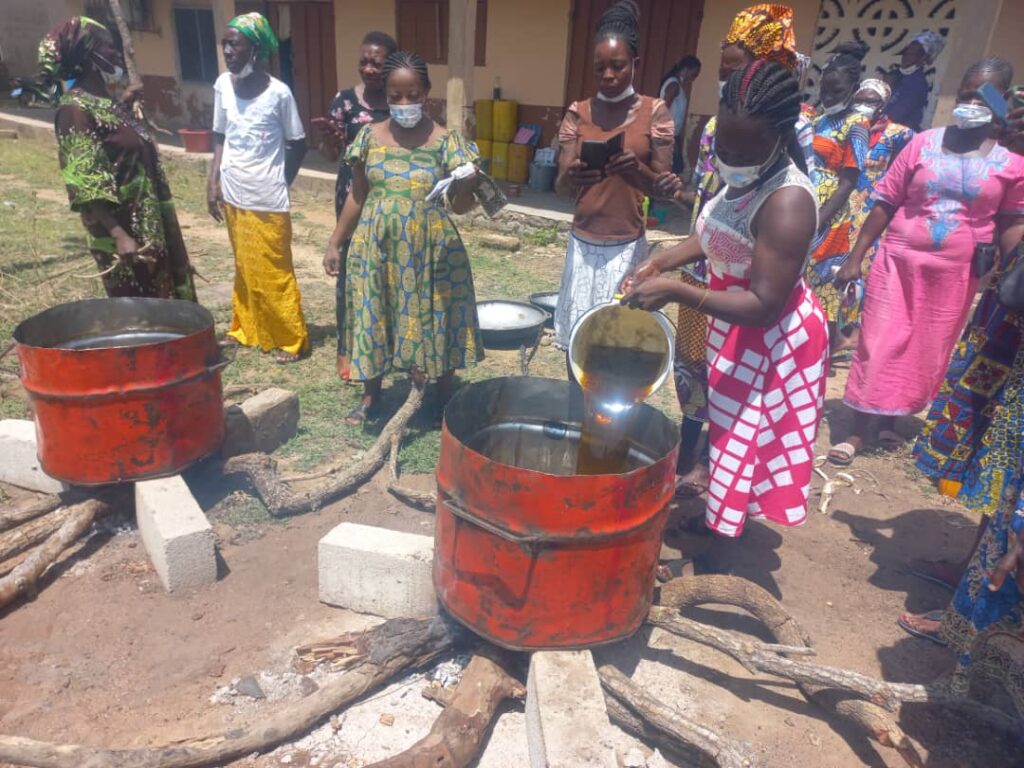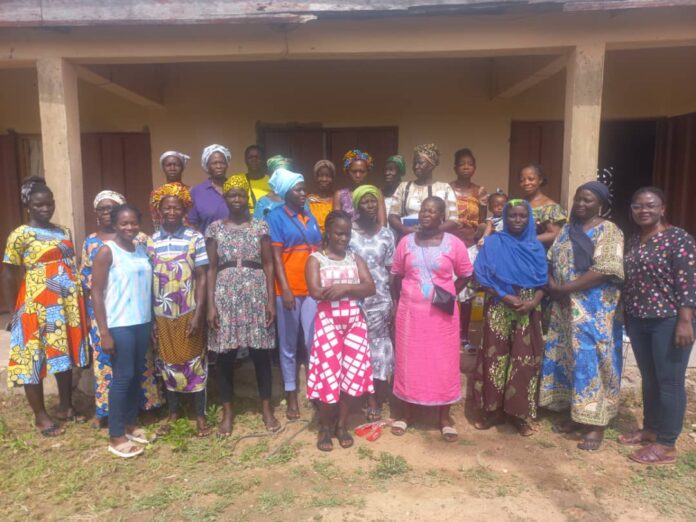Widows and Orphans Movement (WOM), a not-for-profit organization based in the Upper East Region is exploring the use of local materials including baobab pods and Shea butter in making soap to empower 9 women groups in the region economically.
The decision to resort to the use of local materials was borne out of experience in the past that some women were trained in soap making but are unable to put the skills to good use due to the expensive nature of the raw materials.
It is therefore the hope of the movement that the women will be in a better position to use these local materials to increase their profit margins due to the abundance of these materials.
With funding support from the KGL Foundation, the Widows and Orphans Movement is currently training 9 women groups from the Talensi District, Bolgatanga, and Builsa North Municipalities with each group being represented by two (2) members bringing it to 18 women who are benefiting from the training.
The training is a three-day event and, started on May 9 to May 11, 2023.
Speaking to Dreamz News, the Executive Director of Widows and Orphans Movement, Fatima Abigail Abdulai, says the intention is to add value to indigenous materials, empower women economically with less expensive materials and ensure sustainability.
It is her hope that the women will eventually go beyond training the other members of their respective groups to make soap in large quantities for the Ghanaian market as she urges Ghanaians to patronize indigenous products.
“So, the Widows and Orphans Movement for some time now has been looking at economic empowerment, especially strengthening the livelihood activities of our women’s group. And one of the key livelihood activities over the years has been soap making and, in the past, we’ve trained some of these women groups in how to make soap using the normal ingredients that are used from other parts of Ghana. However, we realized that after some time, most of them couldn’t produce again. Because, one, they were struggling to get the raw material because it wasn’t indigenous and readily available in the Upper East locality.
To reduce the cost associated with it, we are also using shea butter in place of other ingredients and so as much as possible we are looking at what substitutes that are indigenous to our locality that we can bring on board to reduce the high cost associated with producing the soap so that they can get higher profit margins and they can also stay in business.”

Some beneficiaries expressed delight over the training especially the use of local materials adding it will go a long way to help them sustain their soap businesses. It is expected members of the 9 groups who have received the training will replicate such training in their respective communities.




